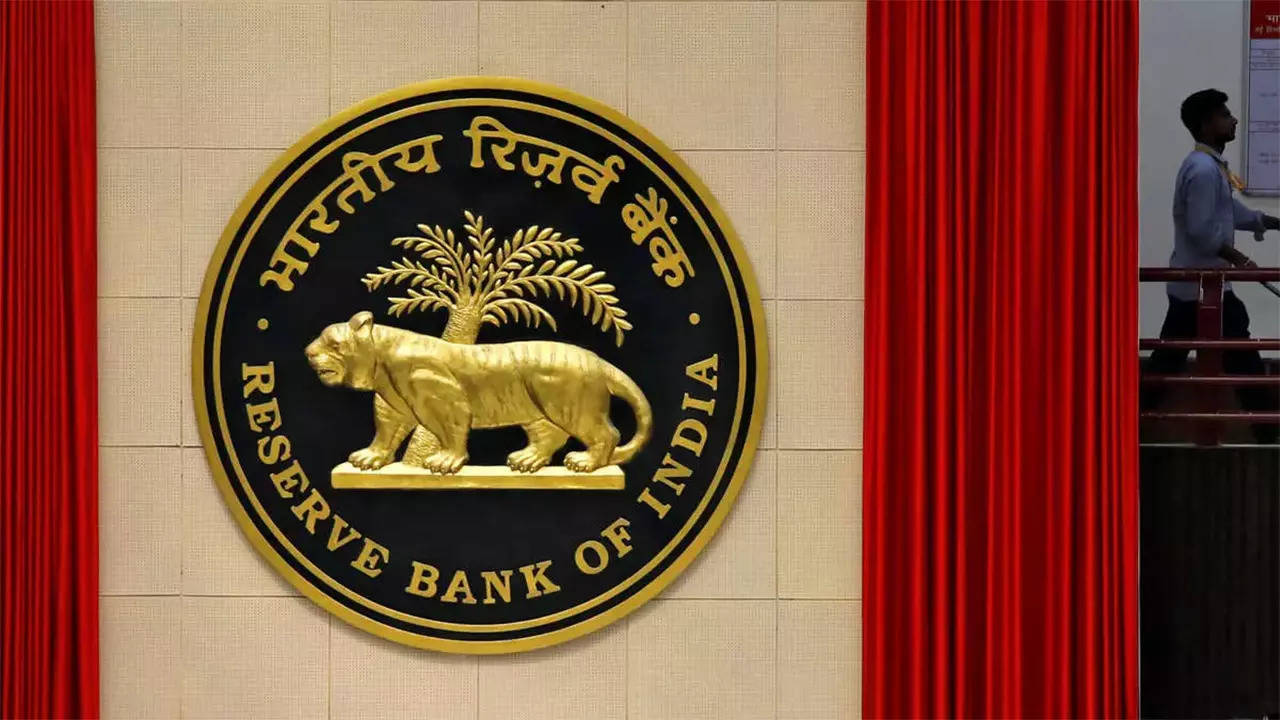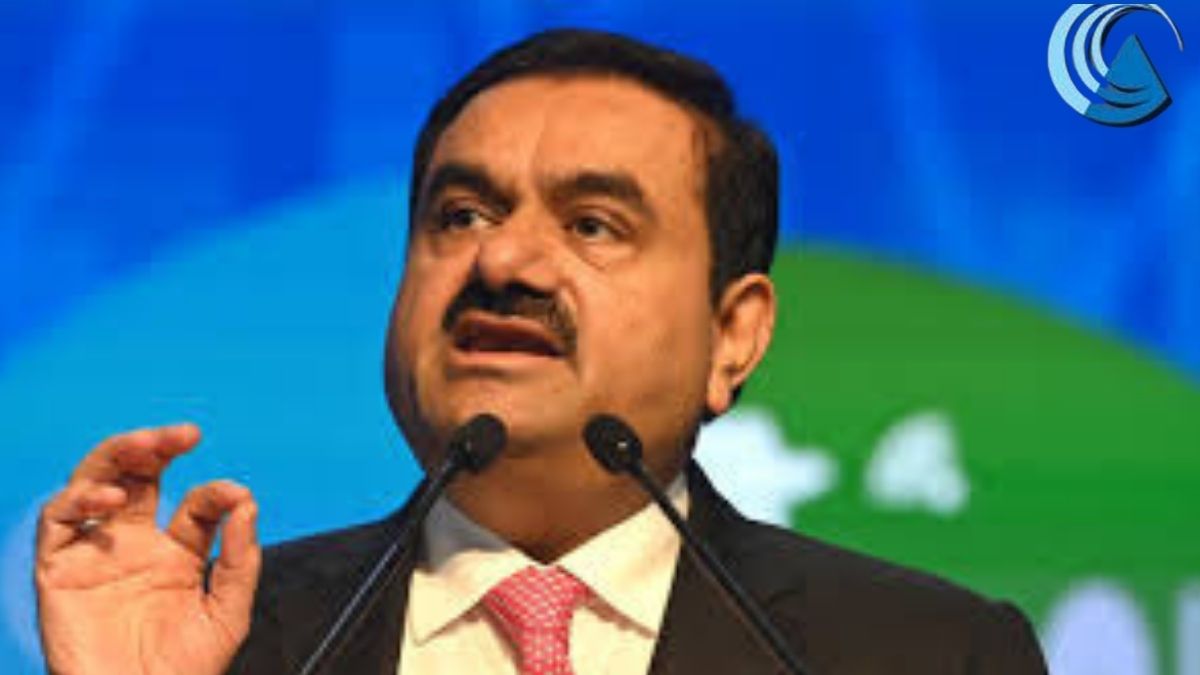
In a significant development, the Reserve Bank of India (RBI) decided to keep the repo rate unchanged at 6.5% during its Monetary Policy meeting. Additionally, the Central Bank projected a 7% growth for the upcoming fiscal year. This marks the sixth consecutive time that the RBI has maintained the status quo. The repo rate, which is the interest rate at which the RBI lends to other banks, remains unchanged.
Following a three-day review meeting and careful consideration of the policy statement, RBI Governor Shaktikanta Das cited comfortable inflation levels and robust growth dynamics as the rationale behind maintaining the current policy stance. While inflation is nearing the target range, growth continues to perform better than anticipated. However, it’s worth noting that retail inflation in India, although within the RBI’s comfort level of 2-6%, remains above the ideal 4% scenario, standing at 5.69% in December.
Governor Das highlighted that a majority of 5 out of 6 members of the Monetary Policy Committee (MPC) agreed to maintain focus on withdrawing accommodation to ensure inflation gradually aligns with the target while still supporting growth.
India’s economy exhibited a growth rate of 7.6% during the July-September quarter of the current fiscal year 2023-24, maintaining its status as the fastest-growing major economy. Notably, GDP growth for the April-June quarter was recorded at 7.8%.
The three-day bi-monthly MPC meeting commenced on Tuesday, where the RBI discusses matters such as interest rates, money supply, inflation outlook, and various macroeconomic indicators. With the exception of recent pauses, the RBI has raised the repo rate by a cumulative 250 basis points to 6.5% since May 2022 in its efforts to combat inflation.
Adjusting interest rates is a monetary policy tool typically employed to dampen demand in the economy, consequently aiding in the decline of the inflation rate.
Looking ahead, the RBI projected a GDP growth of 7% for the 2024-25 fiscal year, slightly lower than the 7.3% expansion estimated for the current fiscal. Governor Das noted that rural demand is picking up momentum, urban consumption remains robust, and the investment cycle is gaining traction due to increased capital expenditure.
Despite global uncertainties, domestic economic activity remains resilient, with growth for the current fiscal year estimated at 7.3% according to the National Statistical Office (NSO). Governor Das expressed optimism that the momentum of the current fiscal year would persist into the 2024-25 fiscal year.









